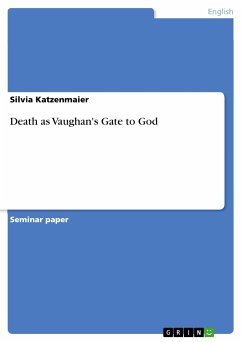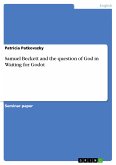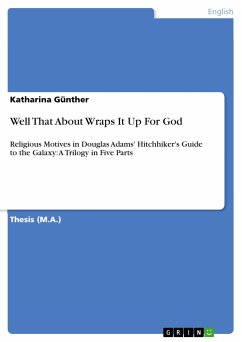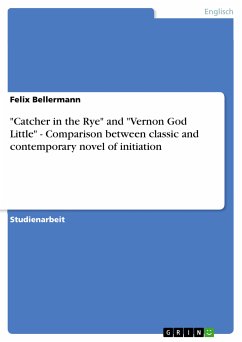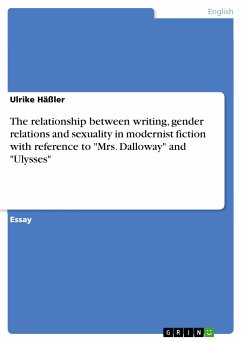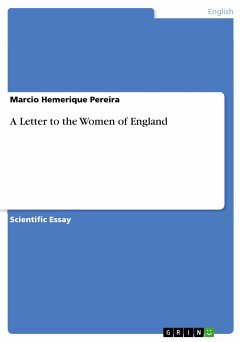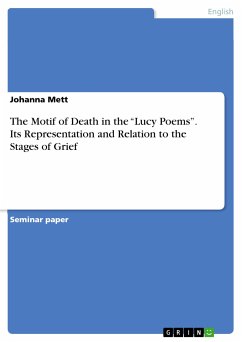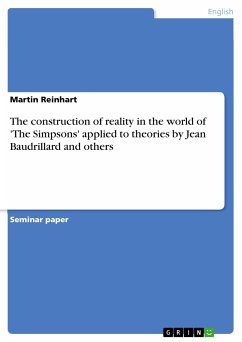Seminar paper from the year 2002 in the subject English Language and Literature Studies - Literature, grade: 2,3, Johannes Gutenberg University Mainz (Seminar für Englische Philologie, Anglistik), course: Metaphysical Poets, language: English, abstract: This paper will discuss the role of death in three poems of the Welsh metaphysical poet Henry Vaughan, who lived from 1621 to 1695. Among other things quotations from critics such as the one from David Reid: “As a visionary, Vaughan is a poet of death.” (179) and the frequent appearance of the preoccupation with death in Vaughan’s poems show the importance of death in the works this metaphysical poet. In the seventeenth- century it was a common Christian belief that life meant separation from God and that only death was able to bring man in front of God, so that after life the soul of man could exist in the presence of Him. Death at that time was also seen as the leveller of pride and as the breaking of the beauty as the motifs “carpe diem” and “memento mori” show. The reason for the author of this paper to choose this special topic was Vaughan’s beautiful and overwhelming way to describe his longing for death. This kind of longing suggests that Vaughan loves death. The task of this paper is to demonstrate this attitude of Vaughan towards death with the help of the interpretation of three of his poems, so that the author of this paper in the end has answered the question: Does Vaughan see death as the gate to God? This paper will discuss the poems “They Are All Gone into the World of Light!”, “The Water- fall” and “The Night”. Every poem will be interpreted with a focus on death and after that the author of the paper will explain what death means for Vaughan depending on the poem. The writer would like to mention that in literature the poems of Vaughan are rarely analysed with the focus on death. Because of that the author of the paper discussed the poems mainly by herself.

